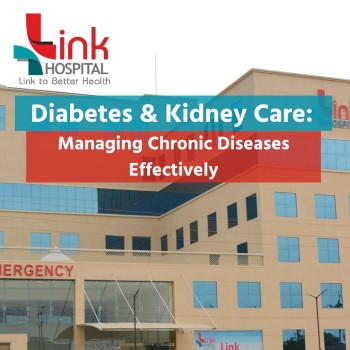World
Population Day, observed annually on July 11, is a
significant occasion dedicated to raising awareness about global population
issues. Established by the United Nations in 1989, this day highlights the
urgency of addressing population-related concerns and promotes the importance
of reproductive health, family planning, and sustainable development.
Understanding World
Population Day
Origin and Significance
World Population Day was inspired by the
Day of Five Billion, observed on July 11, 1987, when the world population
reached five billion. The rapid population growth brought attention to the need
for policies and programs to address population issues. The United Nations
designated July 11 as World Population Day to emphasize the importance of
population dynamics in achieving sustainable development goals.
Societal Causes of
Population Growth
High Birth Rates
High birth rates in many developing
countries are a primary cause of rapid population growth. Factors contributing
to high birth rates include:
●
Lack of Access to Family Planning: Limited
availability of contraceptives and family planning services leads to unplanned
pregnancies.
●
Cultural and Religious Beliefs: In some
cultures, large families are valued, and contraception is discouraged.
● Low Levels of Education: Lack of education, particularly among women, often results in higher birth rates.
Decreased Mortality Rates
Advancements in healthcare, sanitation,
and nutrition have significantly reduced mortality rates, contributing to
population growth. Factors include:
●
Improved Healthcare: Better medical facilities
and access to healthcare services have increased life expectancy.
●
Child Mortality Reduction: A decrease in infant
and child mortality rates leads to larger family sizes.
Migration
Migration, both internal and
international, affects population distribution and growth. Factors include:
●
Economic Opportunities: People migrate to
urban areas or other countries for better job prospects and living conditions.
●
Conflicts and Disasters: Wars, political
instability, and natural disasters force people to migrate, impacting
population patterns.
Precautions and Measures
Promoting Family Planning
Promoting family planning and
reproductive health is crucial for controlling population growth. Measures
include:
●
Access to Contraceptives: Ensuring
availability and accessibility of contraceptives to all individuals.
●
Education and Awareness: Educating people
about the benefits of family planning and reproductive health.
Empowering Women
Empowering women through education and
economic opportunities can significantly impact population growth. Measures
include:
●
Educational Programs: Providing education,
particularly to girls, to delay marriage and childbirth.
●
Economic Opportunities: Creating job
opportunities for women to improve their socioeconomic status.
Sustainable Development Policies
Implementing policies that promote
sustainable development can help manage population growth. Measures include:
●
Healthcare Access: Improving healthcare
facilities and services to reduce mortality rates and improve overall health.
●
Environmental Conservation: Promoting
sustainable use of resources to support the growing population without
depleting the environment.
Raising Awareness
Education Campaigns
Educational campaigns are essential for
raising awareness about population issues. Initiatives include:
●
Workshops and Seminars: Conducting workshops
and seminars to educate communities about the impacts of overpopulation.
●
Media Campaigns: Utilizing media platforms to
spread information about population control and sustainable practices.
Community Involvement
Involving communities in population
control initiatives can lead to more effective outcomes. Initiatives include:
●
Community Health Programs: Organizing health
programs that focus on family planning and reproductive health.
●
Youth Engagement: Engaging youth in awareness
campaigns to promote responsible family planning practices.
Society Message by Link
Hospital in Gwalior: Best Multispeciality Hospital in Gwalior
As we observe World Population Day, it is
crucial to address the pressing issue of population growth and its impact on
society. Link Hospital in Gwalior, recognized as the best multispeciality
hospital in Gwalior, emphasizes the importance of comprehensive healthcare and
family planning services. Here is a special message from Link Hospital:
A Message from Link Hospital, Gwalior
"At Link Hospital, we are committed
to providing exceptional healthcare services to our community. On this World
Population Day, we urge everyone to understand the importance of family
planning and reproductive health. Together, we can create a sustainable future
by promoting responsible family planning practices and ensuring access to
quality healthcare for all.
We believe that empowering women through
education and healthcare is key to managing population growth. Our hospital
offers a range of services, including family planning counselling, maternal and
child healthcare, and educational programs to raise awareness about
reproductive health.
Join us in our mission to build a
healthier and more sustainable future. Let us work together to address
population issues and ensure the well-being of our community."
Conclusion
World Population Day serves as a reminder of the critical need to address population issues for sustainable development. By understanding the societal causes of population growth, implementing effective precautions and measures, and raising awareness, we can create a better future for generations to come. Institutions like Link Hospital in Gwalior play a vital role in this endeavour by providing quality healthcare and promoting family planning and reproductive health. Let us join hands to ensure a harmonious and sustainable world.











